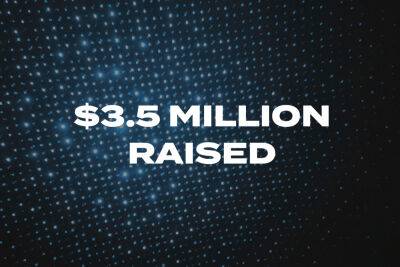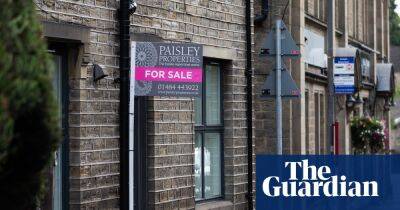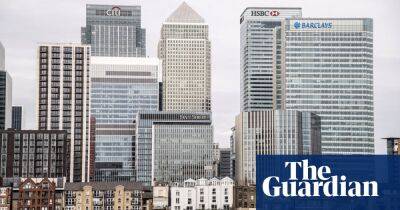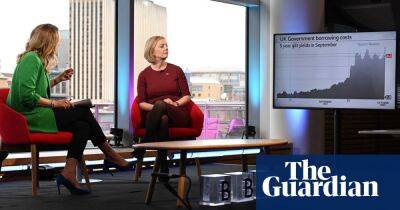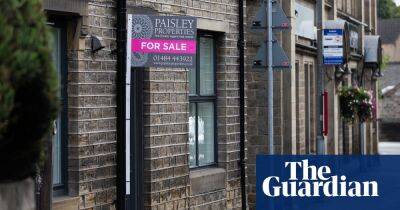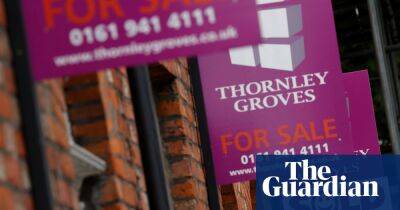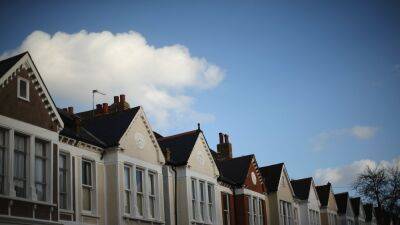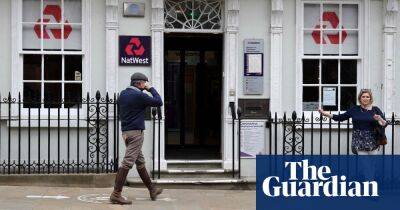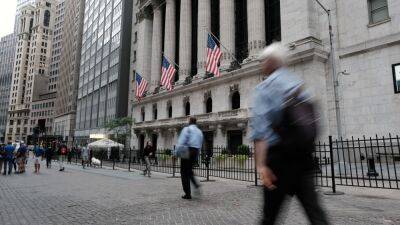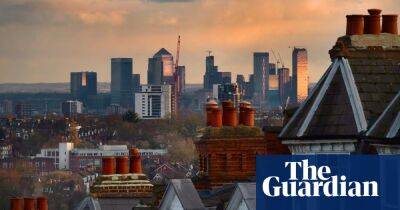UK mortgage rates are soaring – what can you do?
Rates on new mortgages continued to climb this week as the fallout from the mini-budget continued to reverberate through the housing market. The higher rates on offer are bad news for first-time buyers and those looking to remortgage, who face much bigger monthly payments. So how bad are things, and what can you do?
Most of the mortgage lenders that effectively pulled down the shutters in the wake of the financial turbulence sparked by the 23 September mini-budget have now re-entered the market. For example, NatWest relaunched deals on Monday, Barclays on Tuesday and Halifax on Wednesday.
But while there had been hopes in some quarters that the government’s 45p tax U-turn on Monday, and the slightly calmer market conditions that have followed, might translate into slightly cheaper new fixed-rate mortgage deals, this has yet to happen. In fact, this week new mortgage products continued to become even more expensive. The average new two-year fixed rate – which was 4.74% on the day of the mini-budget – was at 5.75% on Monday, then 6.07% on Wednesday, and 6.11% on Thursday, according to the data firm Moneyfacts. It was a similar story with five-year fixes, with the average rate on Thursday standing at 6.02%.
But you can get better rates than those averages. At the time of writing, the Halifax was offering new two-year fixes for those remortgaging from 5.06%, with rates on five-year fixes starting from 4.46% – so quite a bit lower. However, deals are coming and going at remarkable speed at the moment.
Rising average mortgage rates may partly reflect the fact that the government U-turn only happened on Monday, so – taking an optimistic view – lenders will need a little time to properly respond. They are under pressure to reduce
Read more on theguardian.com

